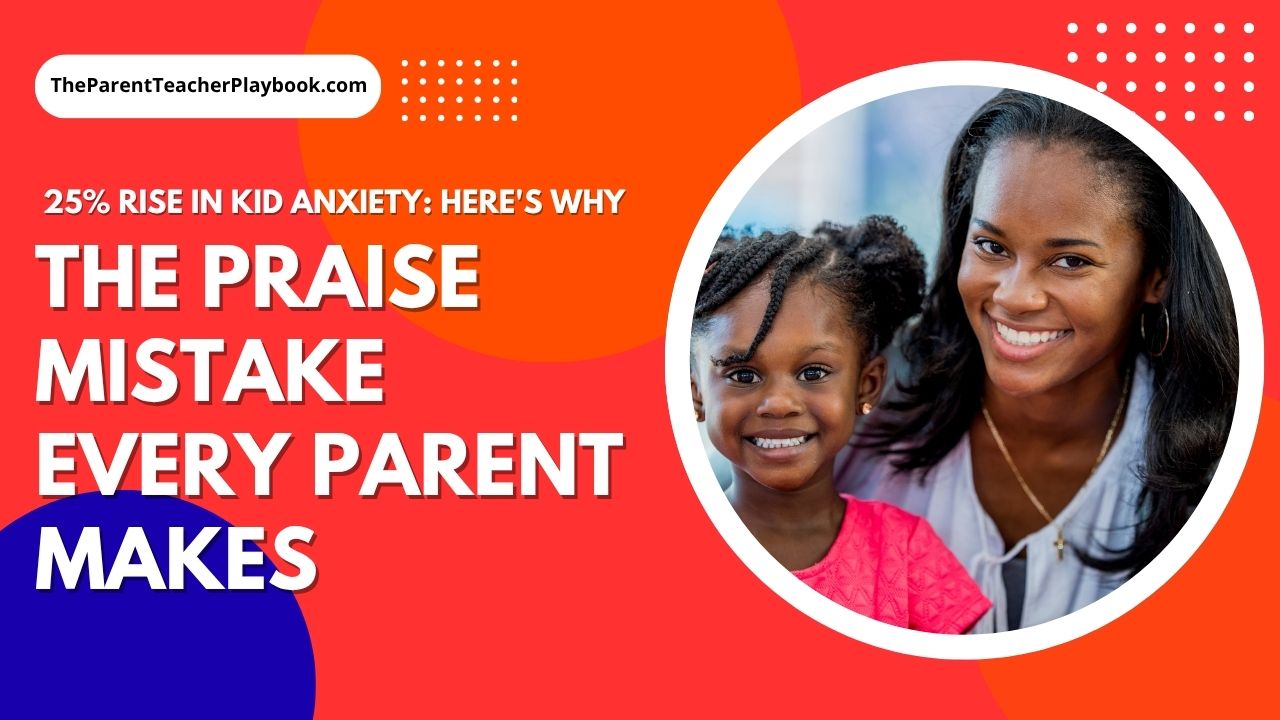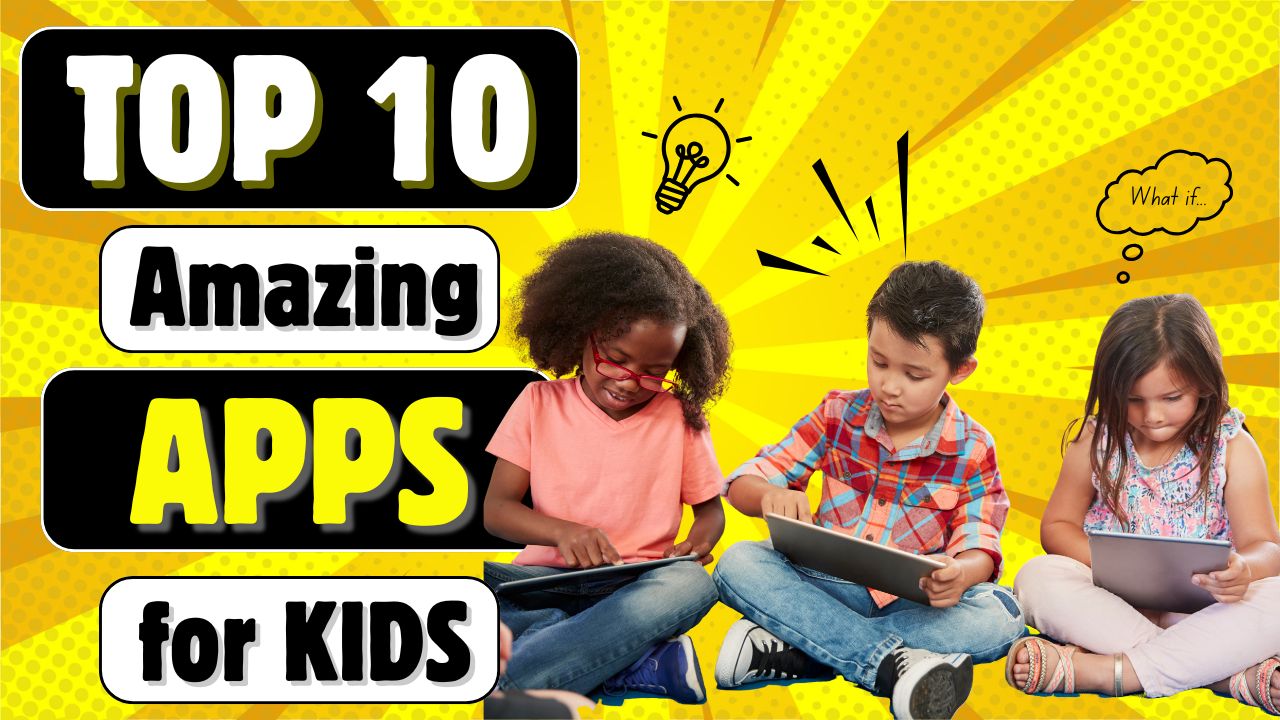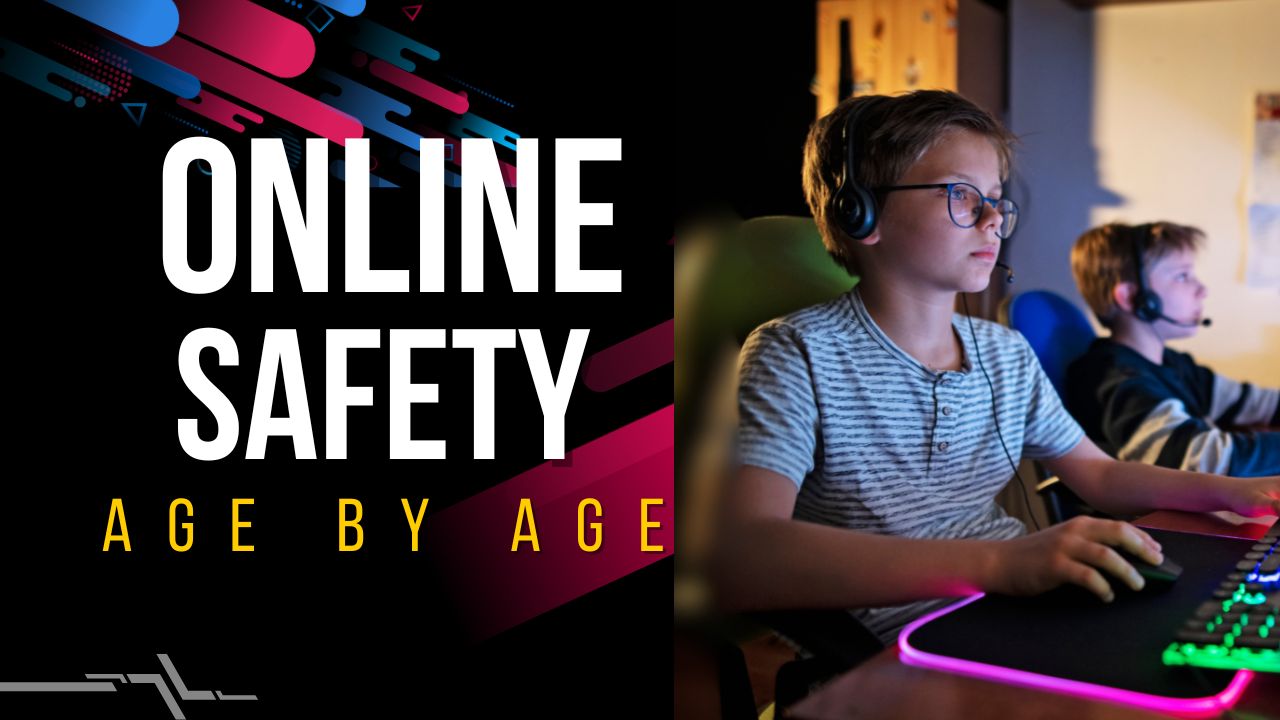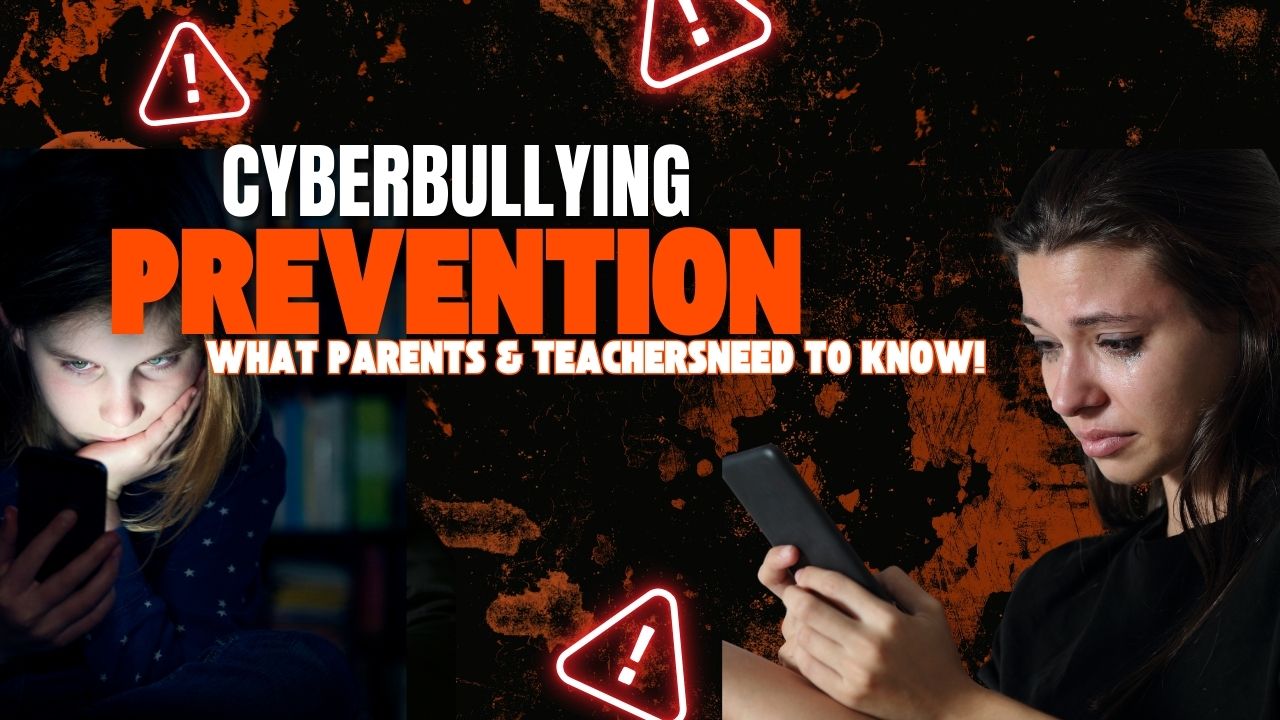We use cookies to improve your experience.

Why "Good Job" Praise Creates Anxious Kids (And What to Say Instead)
Discover why traditional praise like "good job" and "you're so smart" creates anxious, approval-seeking children. Learn 4 research-backed alternatives that build genuine confidence and resilience in kids.

10 Best Educational Apps for Kids in 2025 That Make Learning Fun (Parent & Teacher Approved)
As a parent or teacher, you know the struggle: kids spend an average of 7 hours daily on screens, but most of that time isn't building the skills they need for success. What if those same devices could become powerful learning tools that children actually beg to use?

The Ultimate Guide to Internet Safety for Kids: Age-by-Age Protection Strategies
The internet has become as essential to childhood as playgrounds and classrooms. Yet while we wouldn't send our children to play in an unfamiliar neighborhood without preparation, many parents feel overwhelmed about how to keep their kids safe online. This comprehensive guide provides age-specific strategies, practical tools, and actionable steps to protect your child's digital journey from their first screen time to their transition into digital independence.

Raising Confident Kids in a Comparison Culture: Strategies for Building Authentic Self-Esteem
In today's hyperconnected world, children are constantly exposed to curated images of perfection, instant feedback loops, and endless opportunities for comparison. Social media feeds showcase highlight reels of other people's lives, academic achievements are publicly ranked and shared, and even playground conversations often center around who has the newest gadgets or the most followers. This comparison culture is creating a generation of children who struggle with authentic self-worth, despite having access to more opportunities and resources than ever before.

The Complete Guide to Cyberbullying Prevention: What Every Parent and Teacher Must Know
Unlike traditional bullying that was confined to school hours and physical spaces, online bullying follows children home, operates 24/7, and can involve anonymous perpetrators reaching vast audiences instantly. The psychological impact can be devastating, with effects that extend far beyond the screen into real-world relationships, academic performance, and mental health.

Screen Time Rules That Actually Work: The Science-Based Approach to Digital Wellness for Families
Recent research reveals that the question isn't simply "how much screen time is too much?" Instead, science points us toward a more nuanced approach that considers what children are doing on screens, when they're doing it, and how digital experiences fit into their overall development.
